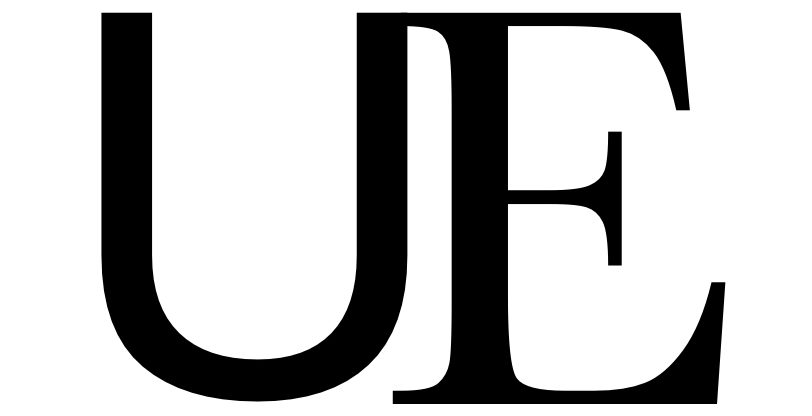Recently GQ ran a story about a group of major tech players, including Jeff Bezos and company executives from LinkedIn and Dropbox, who met up in an Italian village to hang out with designer Brunello Cucinelli, for some reason. But Buzzfeed reporter Ryan Mac noticed something peculiar about one of the photos used in the article. Mainly, he thought the only two women in the photo, CEO of solar power company Sunrun Lynn Jurich and CEO of Peek.com Ruzwana Bashir, had been Photoshopped in.
via Women Get Quietly Photoshopped In to Photo of Exclusively Male Tech CEOs
